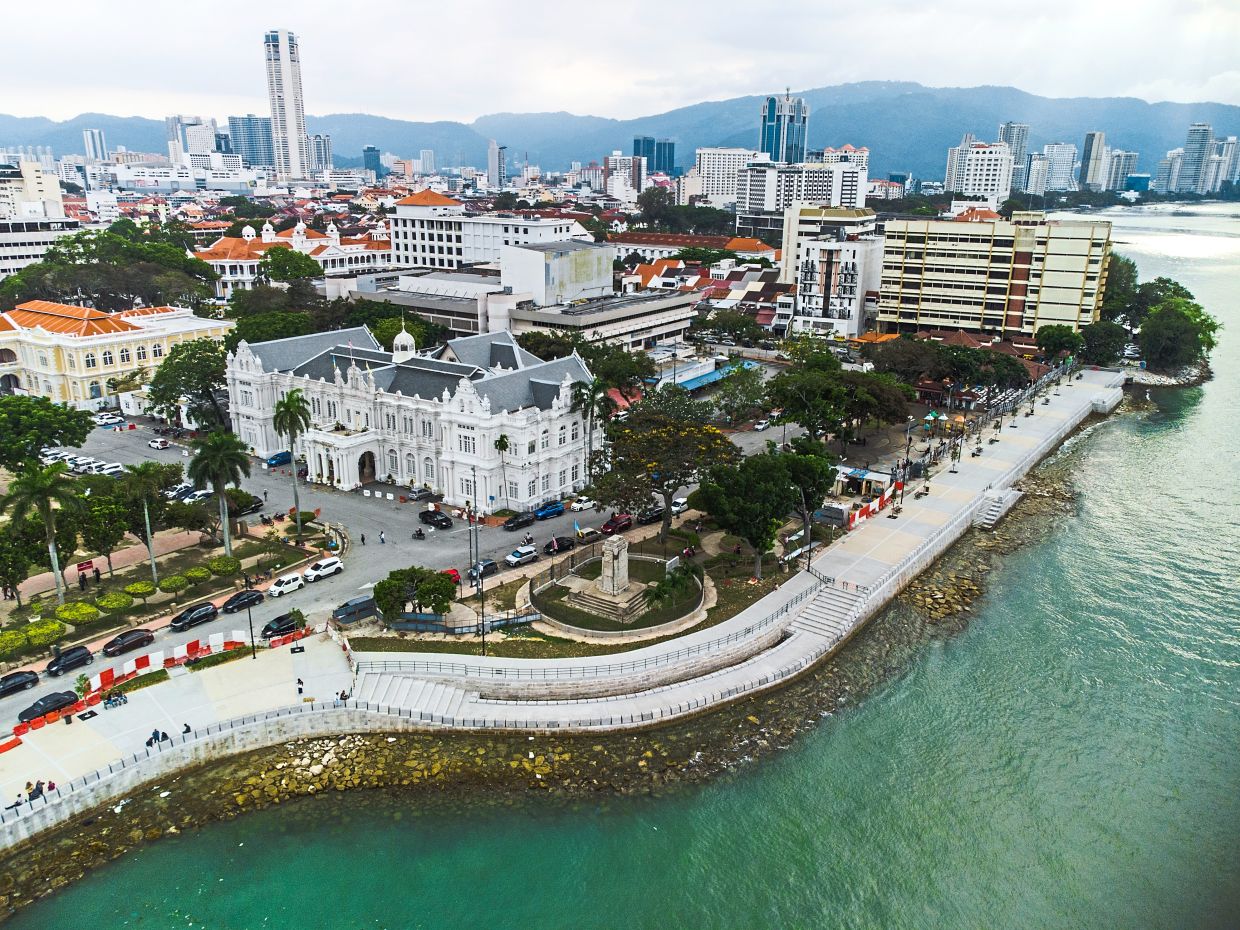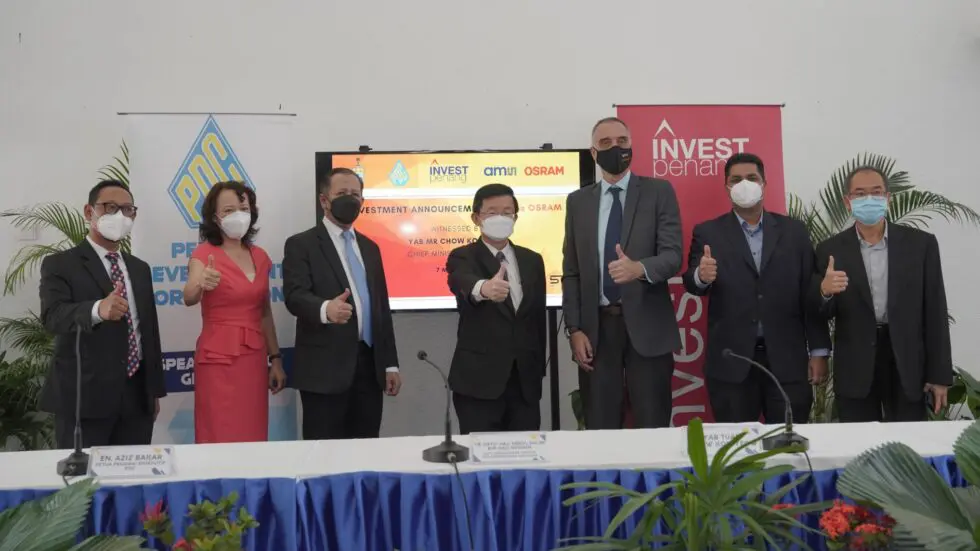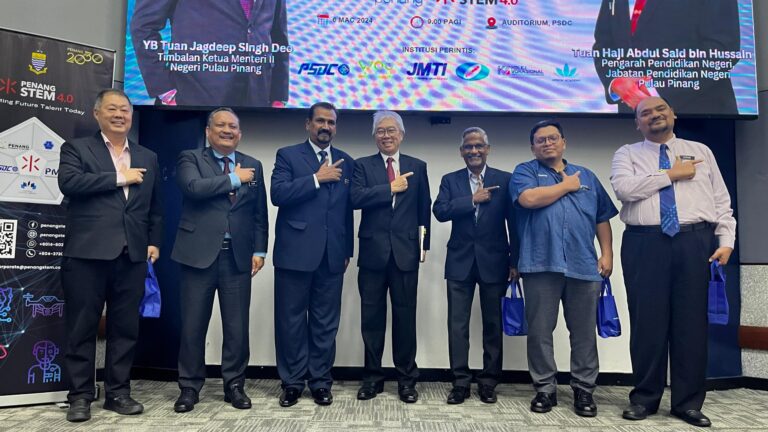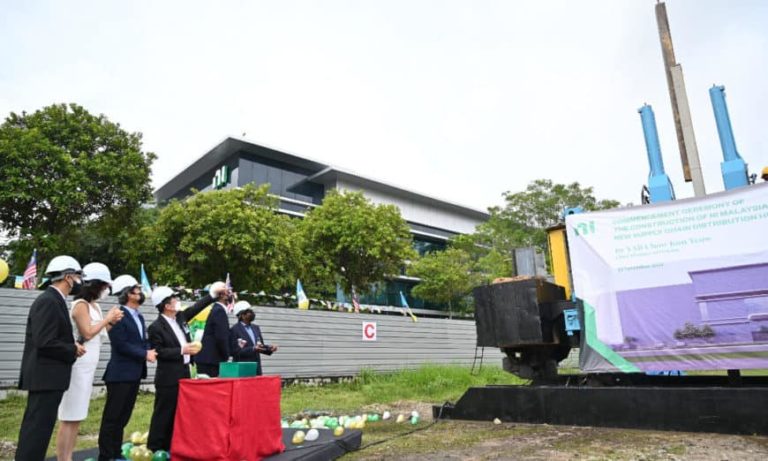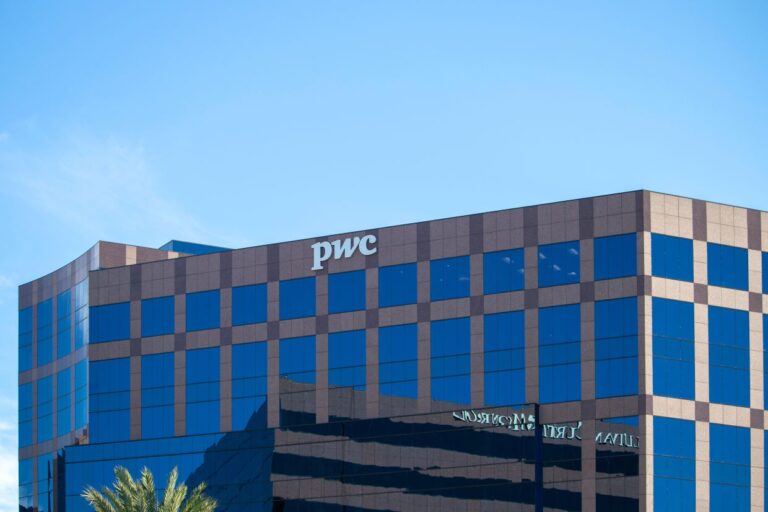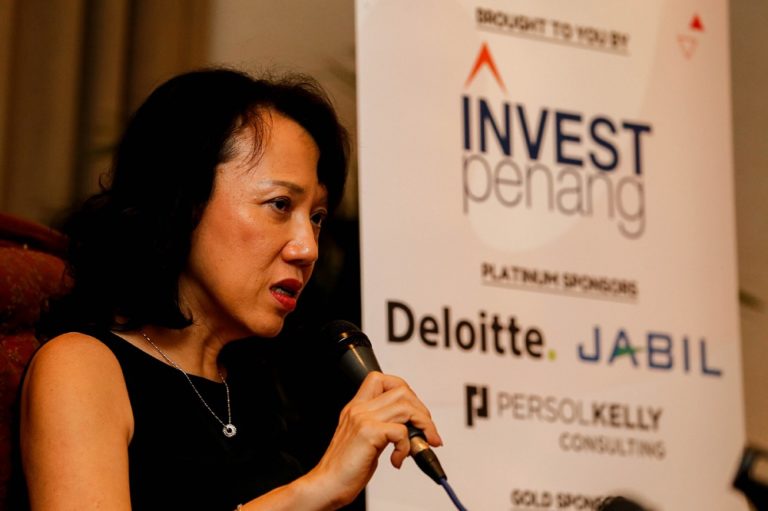REBUILDING PENANG FOR A PROSPEROUS FUTURE
By The Star – July 16, 2022
A version of this article was first published on The Star
THE pandemic phase has ended and efforts to revive Penang’s economy are now at full speed.
Leading the charge is Chief Minister Chow Kon Yeow, with his laser-focused priority to reboot Penang and its various sectors.
The second smallest state in the country by land mass, Penang has unexpectedly created history for bringing in RM74.4bil worth of foreign direct manufacturing investments last year – a surge of 606% from the previous year.
The state topped the export chart, accounting for 29.3% (RM363.7bil) of Malaysia’s total exports valued at RM1.24 trillion.
Penang recorded the highest gross domestic product (GDP) growth of 6.8% among the states, surpassing the national growth rate of 3.1%, and registering the third most GDP per capita (RM58,527), following the federal territories of Labuan (RM78,032) and Kuala Lumpur (RM124,232).
As iron must be struck when it’s hot, there’s no time to waste for Chow. The investors are creating thousands of high-skill jobs, and the state government must ensure the continuous development of human capital to meet the demand.
“Penang’s extraordinary economic successes last year can be attributed to the three elements of T-I-P – which stands for talents, infrastructure and planning,” Chow said.
Talent development
Building the state’s human capital is crucial to sustaining the demands of the job market.
The Penang Future Foundation has awarded scholarships to more than 650 local undergraduates in science, technology, engineering, and mathematics (STEM) courses – prepping the young for the future.
“If we only have a sizeable pool of talents without a thriving economy, our talents will migrate. Similarly, the economy will shrink if we have an economy without a sizeable pool of talents. We see talent development and economic growth working together,” said Chow.
Besides providing scholarships, the Penang government has been allocating annual funds to cover some of the operation and development expenses of various schools. These grants help to provide a more conducive learning environment for students in Penang, a practice that only began 14 years ago after the 2008 general elections.
During Chow’s tenure over the past four years, the Penang government has disbursed RM62mil to various Sekolah Agama Rakyat, Chinese schools, Tamil schools, Punjabi schools and missionary schools.Believing that effective education should start early, Chow’s administration is also sponsoring free tuition lessons for more than 3,000 students under the Penggerak Komuniti Muda’s (PEKA) Tuisyen Rakyat initiative.
Participants in this programme have shown remarkable grade improvement in English (78%) and Mathematics (91%) subjects. Equipping the young with STEM-related knowledge is critical to sustaining the state’s continuous industrial growth.
The Penang Internship Subsidy Programme was launched in March this year to grow the state’s skilled workers by incentivising local companies to train young interns.
Sustainable infrastructure
The influx of investors and population requires infrastructure with higher capacity to meet the rising demand.
“Upgrading works to improve Penang’s transport, water and telecommunication infrastructure are ongoing with an extended timeline for longer sustainability,” the Chief Minister said.
To reduce the number of cars on the road, the state government is spending RM10mil this year to subsidise users of Rapid Penang buses and Penang Port’s cross-channel speed boats. With the subsidy, Malaysians can now enjoy free public transport rides throughout this year.
While encouraging higher usage of existing buses and boats, the state government is also working on the Light Rail Transit (LRT).
After the loan guarantee to fund the project was cancelled by the federal government, Chow’s administration is now preparing to call for an open tender through a Request for Proposal (RFP) later this year to build the LRT. The pre-qualification documentation is being prepared to invite interested local and international companies to be considered for the tender.
Chow said that the state government is also applying for funds from the federal government’s 12th Malaysia Plan to construct the Pan Island Link 1 Expressway on the island and is working with the Northern Corridor Implementation Authority to upgrade the road network at Batu Kawan.
The Package 2 bypass (Air Itam to Tun Dr Lim Chong Eu Expressway), one of the components under the Penang Transport Master Plan, is expected to be operational in 2025. When completed, these projects will reduce traffic congestion in the state.
In terms of water infrastructure, the Raw Water Contingency Plan 2030 is currently undergoing review, given the unexpected surge in post-pandemic water consumption. There was a 12% increase in state-wide water usage in May this year compared to the pre-pandemic days in 2019.
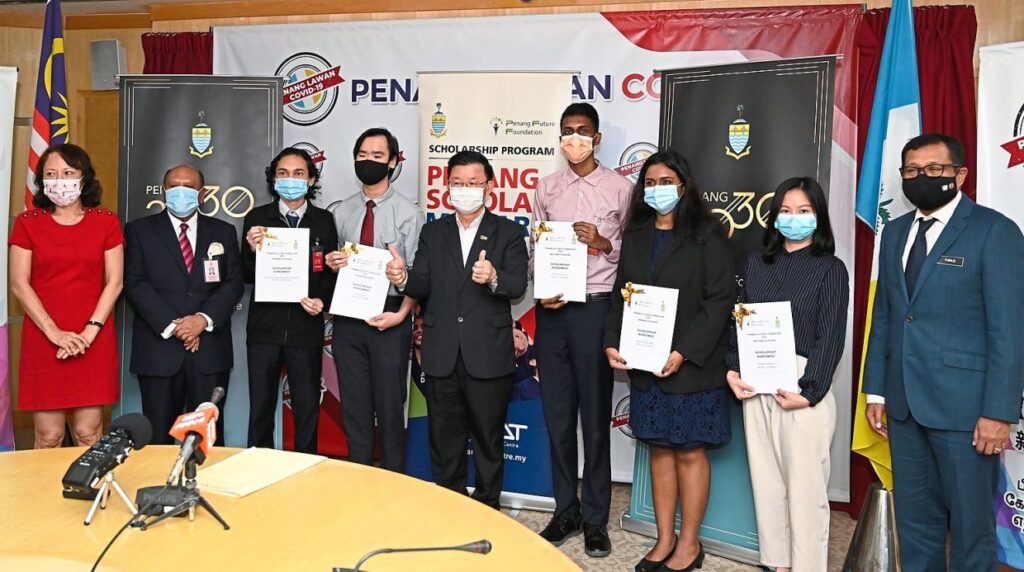
Penang Water Supply Corporation is building new and expanding existing water treatment plants at Sungai Dua, Mengkuang Dam, Sungai Muda, Bukit Panchor and Sungai Perai. These projects will be able to meet the demand soon while resolving the water shortage problem in south Seberang Perai.5G connectivity is now being tested at several locations in Penang and is expected to roll out this year. The state is ranked second in the country for broadband coverage.
“Having 5G speed will be an important factor for technology companies to invest in Penang,” said Chow.
Planning for growth
Besides talent development and providing reliable infrastructure, there is the important cerebral task of planning ahead. Penang’s successes in the past four years would have been unachievable without a good plan to guide the policy direction of the state.
The state government under Chow has:
> Built more than 130,000 units of affordable housing
> Boosted the economy with historic investment inflows
> Initiated eight flood mitigation projects
> Expanded forest reserves area by 286 hectares
> Empowered more than 3,000 students through free tuition
> Increased welfare payments to senior citizens and the differently-abled.
These are among the promises stated in the 2018 manifesto that have set the trajectory for the state government to create a more equitable, progressive and thriving Penang.
The Chief Minister said that his administration is now crafting out the growth strategy for Penang in the next five to 10 years. Having achieved 90% of the 2018 election promises, the Pakatan Harapan state leaders are now reviewing existing plans, collecting feedback and deliberating over the new manifesto for the upcoming polls.
“We are the incumbent state government. The election manifesto is not just a paper brochure but contains the state’s plan for the next one to two terms,” Chow said.
The upcoming years will be challenging for Penang as the available land for development and industrial expansion is getting less. The state is running out of plots measuring 10 acres (4 hectares) and above.
Chow revealed that a three-year plan is in place to get ready 900 acres (364 hectares) of land in the Batu Kawan area for development. For the long-term, the state’s Penang South Islands (PSI) project is aimed at providing a new land bank, of which 700 acres (283 hectares) will be zoned for high-tech industries.
“Land is scarce and we’re not planning to clear the hills that cover about 50% of Penang Island. Therefore, we have to reclaim new land for the state to grow,” said the Chief Minister.
The PSI project is expected to create more than 400,000 job opportunities and contribute RM2.2 trillion to the country’s GDP.
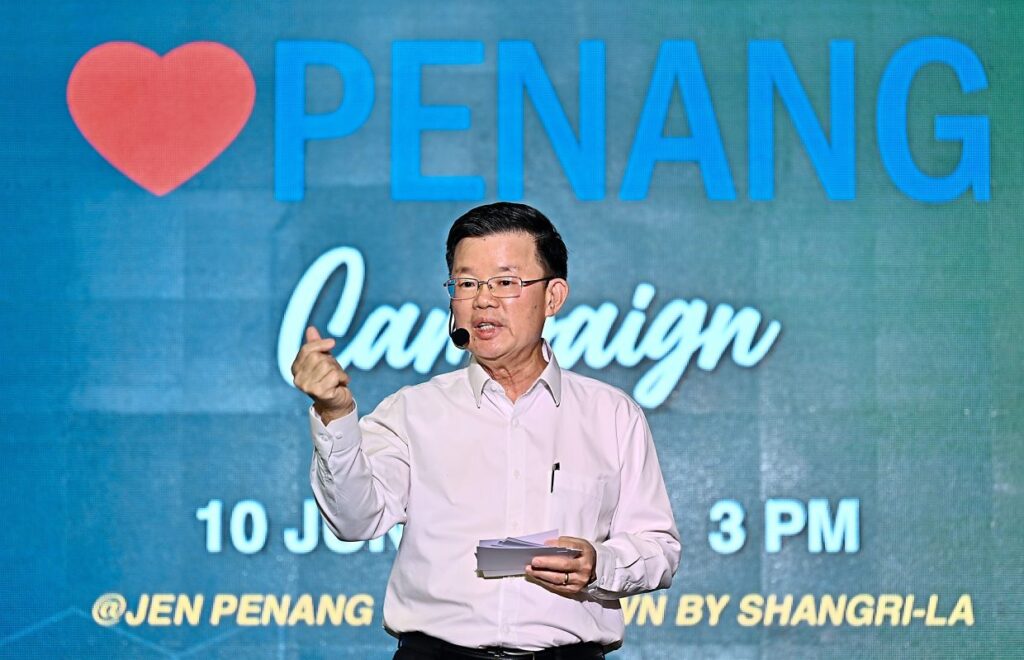
Even though the reclamation hasn’t started, the residents and fisherfolks near the project site are benefiting from the development.
The young found employment with stable income while the veteran fishers are getting re-skilling, training and certification to provide marine transport services and gaining business opportunities.
More than 3,200 saplings have been planted under the project’s mangrove programmes which created new marine habitats to sustain coastal fisheries. The PSI has received a high approval rate of close to 80% from the locals.Chow is hopeful that more opportunities for young and old Penangites will be generated from all the state’s plans.
“After two years of the pandemic, we are now rebuilding Penang into a place where everyone can fulfil their aspiration and prosper.”

